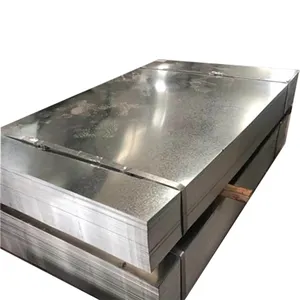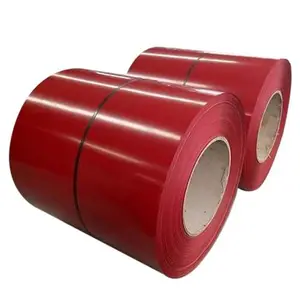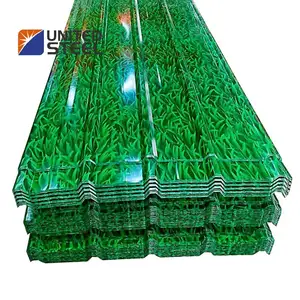Popular in your industry
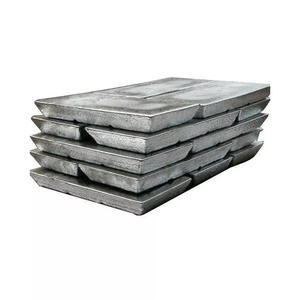


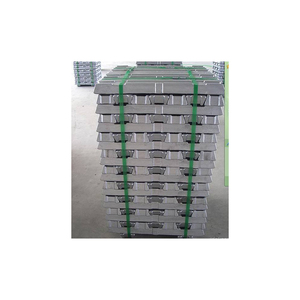


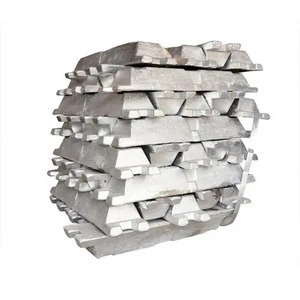

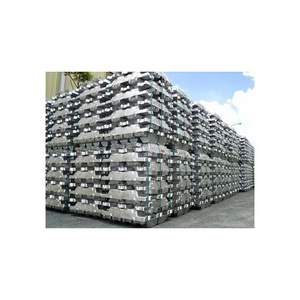
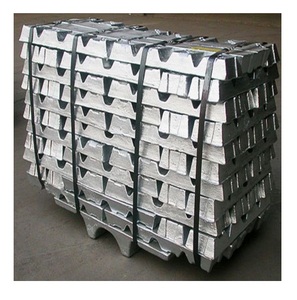

Related Searches:




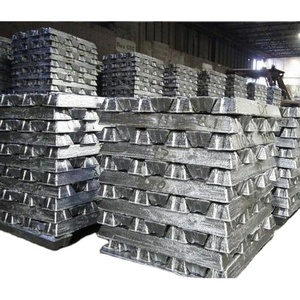
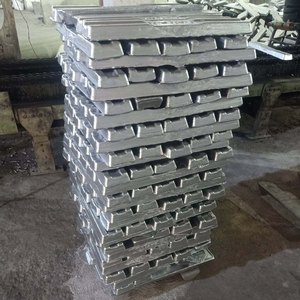








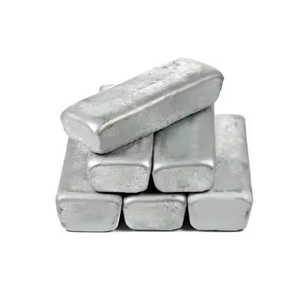



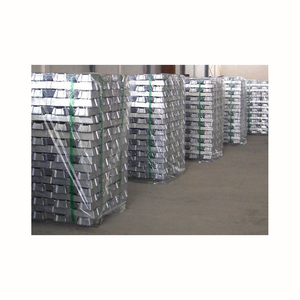
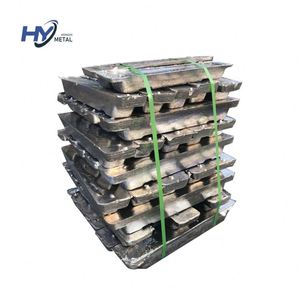

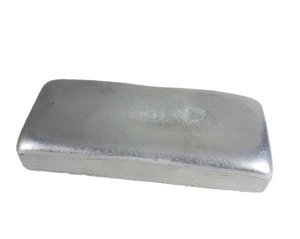




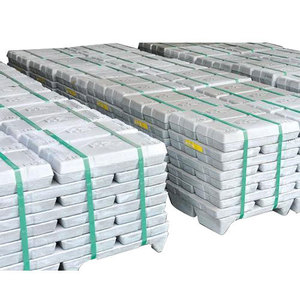
Top categories
About aluminum ingot
Aluminum ingots are a non-ferrous product that is highly sought after for their versatility and durability. These nuggets are created by pouring molten aluminum into specialized molds, resulting in a variety of shapes and sizes. This makes them a popular choice for casting, as they can be easily melted down and molded into different forms. In fact, aluminum is now the second most widely used metal in the world, next to iron. So whether you're a metalworker, a DIY enthusiast, or simply interested in the industry, aluminum ingots are a fascinating and essential component that you'll want to learn more about.
Types, Uses, and Features of Aluminum Ingot
There is a variety of aluminum ingots available in the market, with three common types being unalloyed, rich alloy, and casting alloy ingots. Unalloyed ingots, which often come in sizes as small as a 1 lb aluminum ingot or as large as a ton, are highly valued for their purity, which ranges from 98 to 99.999% aluminum. These ingots are typically used for producing electrical conductors and motor rotors. Rich alloy ingots, on the other hand, combine aluminum with other elements like chromium, copper, or zinc, making them vital "hardeners" in production processes. The third type is the casting alloy ingot. These are chiefly used in industries where large quantities of scrap are utilized, leading to the production of primary or virgin casting alloy ingot when the composition limits restrict the use of scrap. Secondary casting alloy ingots, meanwhile, are produced when the alloy permits the introduction of significant amounts of scrap. Both primary and secondary aluminum ingots for casting find extensive applications in several sectors due to their high reusability and versatility.
Benefits/Advantages of Aluminum Ingot
Aluminum ingots present numerous advantages that lend to their wide-ranging use. Chief among these is their remarkable versatility. The ingots are crafted into various shapes and sizes, from the petite 1 pound aluminum ingot to significantly larger sizes. This flexibility makes them ideal for various industries and applications, including extrusion and forging. Extrusion ingots, for instance, are often used to create tubes and other hollow forms, providing a high-quality finish and longer die life. Forging ingots, on the other hand, are typically utilized for larger applications, with scalping performed to ensure a flawless surface. Furthermore, the purity of aluminum ingots, especially unalloyed ingots, is a crucial benefit. Their high aluminum content of up to 99.999% ensures top-tier conductivity, a vital feature in electrical and motor applications. The fact that aluminum ingots can be mixed with other elements to form rich alloys also extends their utility, serving as essential 'hardeners' in many production processes. The ability to reuse aluminum ingots, such as aluminium nuggets, in industries with high scrap utilization rates is another significant advantage, underlining the material's sustainability and cost-effectiveness. From casting to construction, the benefits of aluminum ingots are manifold, making them an indispensable asset in numerous sectors.
